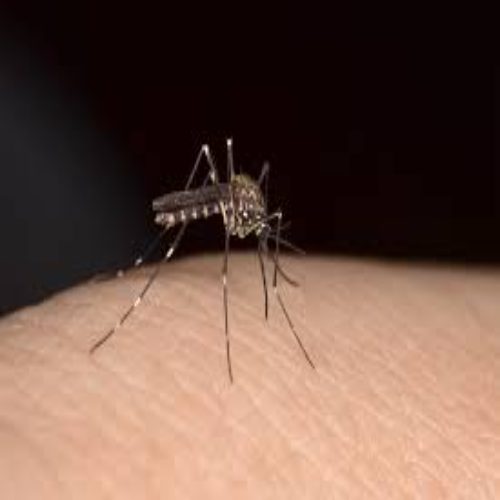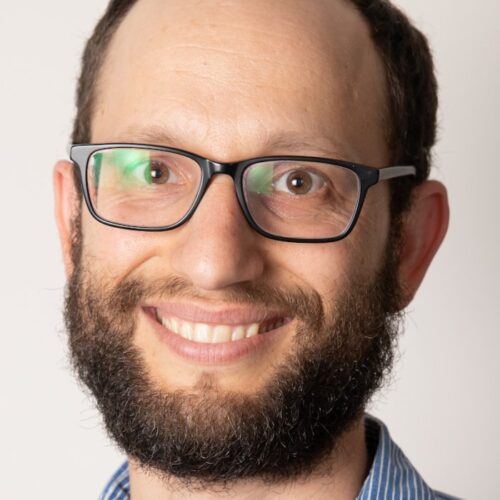
Last year, a friend shared a story about being bedridden alongside his son due to a severe malaria episode. One moment, they were going about their daily lives; the next, they were in the hospital battling a disease that remains widespread across Africa but has been eradicated in many other parts of the world.
In many African countries, malaria is so prevalent that even the mildest symptoms often prompt people to seek tests for the illness.
The fight against malaria has been ongoing for decades. Back in 1955, the World Health Organization (WHO) initiated the Global Malaria Eradication Program, which focused on measures like insecticide spraying and chloroquine distribution to prevent and treat malaria. Yet, millions in Africa continue to endure the disease annually, with limited hope for comprehensive government action to eradicate the malaria-carrying mosquitoes responsible for its spread.
While international organizations like the United Nations and WHO grapple with long-term solutions, an Israeli tech company, Zzapp Malaria, has taken an innovative approach, leveraging Artificial Intelligence (AI) to tackle malaria hotspots in Africa. Operating in countries like Tanzania and Ghana, Zzapp Malaria is working toward not just treating but eradicating the disease entirely.
From Diagnosis to Eradication
Traditionally, malaria diagnosis involves testing blood samples for the presence of parasites. Zzapp Malaria’s parent company, Sight Diagnostics, has automated this process using digital tools, enabling accurate malaria tracking. However, the company saw the need to progress beyond diagnosis and focus on eradication.
Arnon Houri-Yafin, CEO of Zzapp Malaria, explains their strategy: targeting stagnant water bodies, where malaria-transmitting mosquitoes breed. By identifying and addressing these breeding grounds, the company aims to curb malaria transmission and eventually eliminate it altogether.
After achieving success in India, Arnon and his team decided to bring their efforts to Africa, where malaria remains a leading cause of death. In 2019, Africa accounted for 94% of global malaria cases and fatalities.

How Zzapp Malaria Works
Zzapp Malaria’s platform combines a mobile app and planning tools designed for field teams. The app directs workers to locate water bodies in a specified area, allocating specific zones to individual team members. This ensures thorough scanning and application of pesticides as needed.
AI plays a crucial role in analyzing data, including satellite imagery, to identify potential mosquito breeding sites. Additionally, the AI system tailors recommendations based on local weather patterns and mosquito behavior, optimizing intervention efforts.
“Different regions have unique mosquito behaviors,” says Arnon. “In some areas, mosquitoes bite at night indoors, while in others, they bite outdoors during the evening. The AI analyzes these patterns to guide the timing and methods of intervention.”
Local partnerships are also essential. By collaborating with scientists familiar with regional malaria transmission, Zzapp Malaria refines its strategies to address specific local challenges effectively.
Trials and Next Steps
To prove its effectiveness, Zzapp Malaria has conducted small-scale pilot programs in several African countries, including Ghana, Ethiopia, Mozambique, and Zanzibar. These trials are part of a broader plan to scale the technology to national levels.
Arnon is optimistic about the future: “We aim to demonstrate our cost-effectiveness and eventually position ourselves as a national-level solution for governments across Africa.”
Zzapp Malaria’s approach represents a promising leap forward in the fight against malaria, combining cutting-edge technology with local expertise to combat one of Africa’s deadliest diseases.


